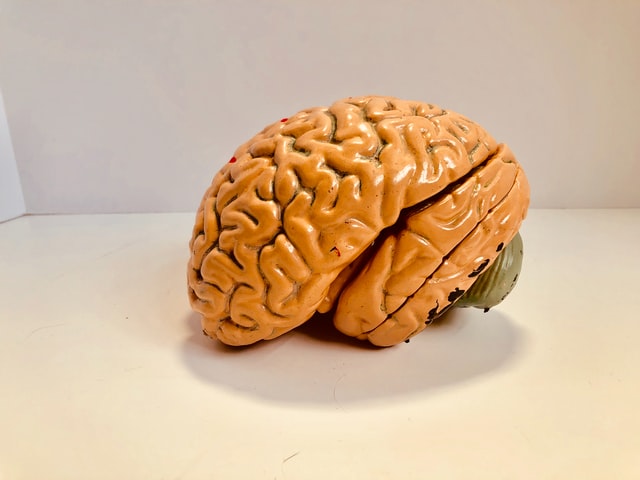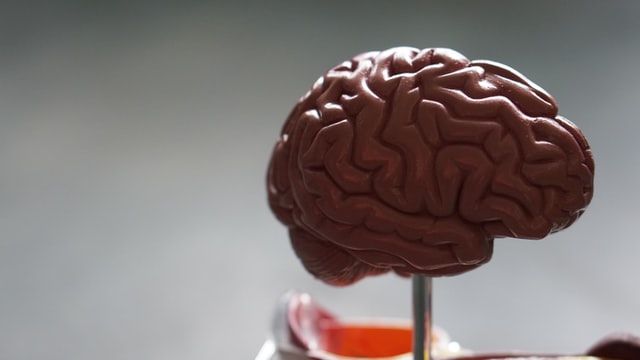
Memory is a fluid and changing system that has been divided into two categories to make it simpler for students to study and comprehend.
Implicit and explicit memories stored in the brain are classified as such according to the sorts of information they handle and maintain.
What’s the difference between implicit and explicit memory
Implicit memory
Implicit memory is a type of memory that does not require conscious recollection. Instead, it is based on past experiences that have been automatically stored in the brain.
This type of memory can be accessed without any awareness of the event or information that was previously learned.
For example, if you have ever driven to work, you likely did not need to think about each step in the process consciously.
Implicit memory allows you to perform the task without any effort automatically.
Additionally, this type of memory is often responsible for things like “muscle memory” and hunches.
Although it is not always accurate, implicit memory can help us to make quick decisions based on our past experiences.
Explicit memory
Explicit memory refers to the conscious, intentional recall of information.
This includes both memories of events that happened in the past, as well as factual knowledge about the world.
Explicit memory is often contrasted with implicit memory, which refers to memories that influence our behavior without us being aware of them.
For example, studies have shown that people are more likely to recognize words that were previously presented to them if those words are related to a positive emotional state.
However, the participants in these studies were not consciously aware of this effect; it was only revealed through their behavior.
This shows that our explicit memories can be influenced by our implicit memories, even if we are not consciously aware of them.
| Aspect | Implicit Memory | Explicit Memory |
| Conscious Recollection | Not required; operates without awareness |
Requires conscious and intentional recall
|
| Accessing Information | Accessed without awareness of the learned event or information |
Requires conscious effort to recall information
|
| Example | Driving to work without consciously thinking about each step |
Recalling specific details of a past vacation
|
| Characteristics | Automatic storage of past experiences |
Intentional and conscious retrieval of information
|
| Muscle Memory | Associated with tasks performed automatically without conscious effort |
Not directly related to tasks performed with muscle memory
|
| Decision Making | Can contribute to quick decision-making based on past experiences |
May involve weighing and evaluating conscious choices
|
| Accuracy | Not always accurate; may lead to errors |
Typically considered more accurate as it involves conscious recall
|
| Influence on Behavior | Often responsible for “muscle memory” and hunches |
Directly influences behavior through conscious recall
|
| Example Study Finding | Participants recognize words related to a positive emotional state without conscious awareness |
Explicit memories are influenced by implicit memories, as observed in word recognition studies
|
Examples of implicit and explicit memory
Examples of implicit memory
There are many examples of implicit memory, often called procedural memory.
This is the type of memory that helps us to learn and perform skills without consciously thinking about them.
For instance, when you learned to ride a bike or drive a car, you had to focus your attention on the task at hand.
But now, you can do those things without really thinking about them.
That’s because they have become part of your implicit memory.
Other examples of implicit memory include knowing how to tie your shoes, brush your teeth, and put on your clothes.
All of these things are done automatically, without conscious thought.
Even though we don’t usually think about them, these examples of implicit memory are an essential part of our daily lives.
Examples of explicit memory
Explicit memory, also known as declarative memory, is a type of long-term memory that allows us to recall specific information consciously.
This can include information about people, places, events, and factual knowledge.
Examples of explicit memory include remembering a phone number that you looked up earlier today, recalling the name of your childhood best friend, or being able to list the countries in Africa.
In contrast, implicit memory is a type of long-term memory that operates below the level of conscious awareness.
It refers to the skills and knowledge that we acquire through repetition and practice, such as how to ride a bike or tie our shoes.
While both explicit and implicit memory is essential for everyday life, they are believed to be mediated by different brain regions and mechanisms.

Examples of Implicit and explicit memory in everyday life
Implicit Memory
- Typing: Skilled typists can type without looking at each key, relying on implicit memory to guide their fingers.
- Riding a bike: Once a person has learned how to ride a bike, repeated riding is an implicit memory. The rider does not need to specifically recall each motion that needs to be completed.
- Singing a familiar song: Singing a familiar song is an example of implicit memory. It is not necessary to think ahead about the words to the song as it comes to the individual.
- Driving a car: For experienced drivers, driving a car is an example of implicit memory. The driver of the car drives without conjuring up each task that is necessary to be completed while driving.
- Brushing teeth: Brushing teeth is an example of implicit memory. We don’t need to think about how to brush our teeth; we just do it.
Explicit Memory
- Recalling specific events: Explicit memory is the conscious and intentional retrieval of past information or experiences. It involves conscious awareness and effortful recollection, such as recalling specific details of a past event or remembering facts from a textbook.
- Remembering a recipe: When you consciously recall the steps for cooking a specific recipe, it is an example of explicit memory.
- Recalling personalized memories: Explicit memory also includes recalling personalized memories like your wedding or other specific events from your life.
- Remembering facts: Recalling specific facts, such as historical dates or scientific information, involves explicit memory.
- Conscious learning: When you deliberately learn and remember new information, it is an example of explicit memory.
Influences on explicit and implicit memory
Explicit and implicit memory can be influenced by a number of factors.
Factors that can influence explicit memory include but are not limited to, how well the event was encoded at the time it happened, how often the event is remembered, and how emotional the event was.
Factors that can influence implicit memory include, but are not limited to, the age at which the memory was first encoded and how similar the current situation is to the actual situation in which the memory was encoded.
Additionally, both explicit and implicit memory can be affected by things such as trauma, stress, and sleep deprivation.
Because there are so many potential influencing factors, it is often difficult to say definitively what has caused a particular change in memory.
However, understanding these potential influences can help us to understand better how our memories work.
The takeaway
Explicit and implicit memory are two important types of long-term memory.
Explicit memory refers to memories that we can consciously recall, while implicit memory is more automatic and often operates below the level of conscious awareness.
Both types of memory are influenced by a number of factors, including how well the event was encoded at the time it happened, how often the event is remembered, and how emotional the event was.
Additionally, both explicit and implicit memory can be affected by things such as trauma, stress, and sleep deprivation.
Understanding the difference between explicit and implicit memory can help us to better understand how our memories work.



